![]() — หน้าแรก — เกาะติดข่าว
— หน้าแรก — เกาะติดข่าว
ข่าวเศรษฐกิจและธุรกิจประจำสัปดาห์
-
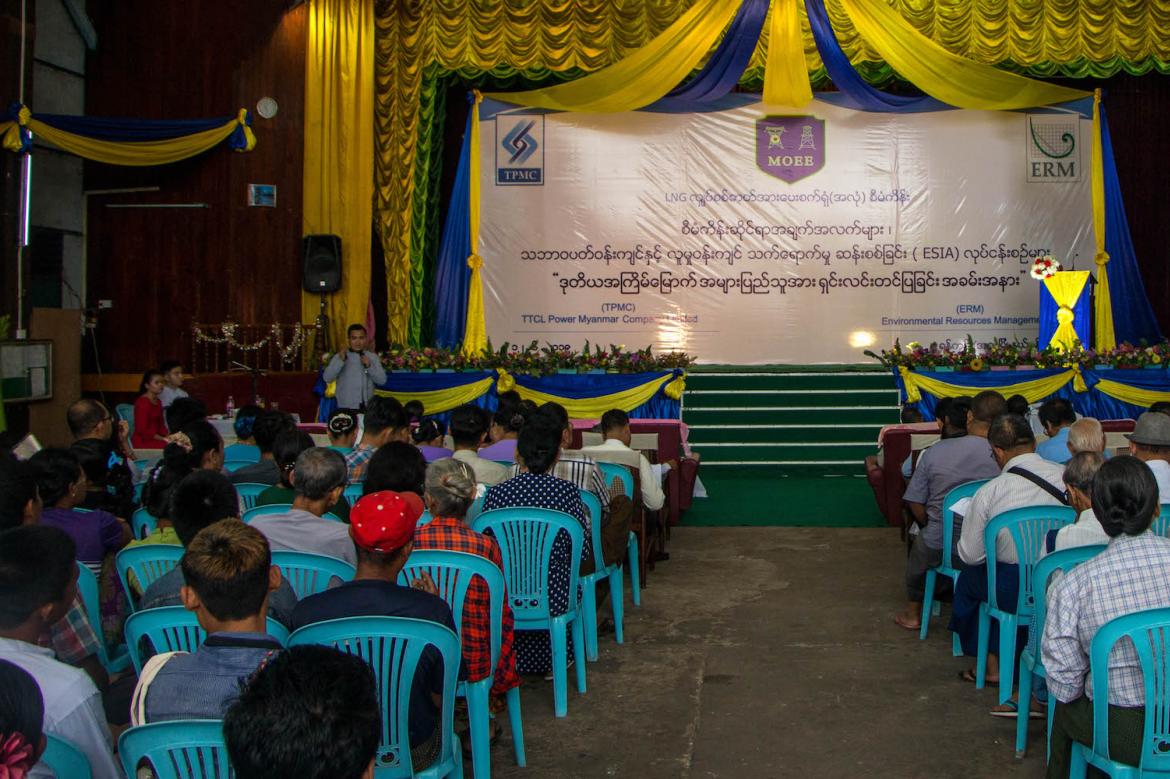
Thai listed company, TTCL Myanmar Power Co Ltd is making the progress on purchase agreement negotiation with the Myanmar Government for its liquefied natural gas power project (LNG) in Yangon
YANGON — Thai-listed firm TTCL says it is making progress on power purchase agreement negotiations with the government for its liquefied natural gas power project in Yangon and expects a deal to be reached by the end of the year. TTCL Myanmar Power Co Ltd general manager U Htet Aung Mon told Frontier on June 12 that the cost of the project had also risen significantly because of Myanmar Port Authority objections to the original plan. TTCL initially advised shareholders the project would cost around US$350 million, but recently disclosed it had risen to between $620 million and $640 million. Under its initial proposal, TMPC planned to deploy a floating storage and regasification unit on the Yangon River near its existing Ahlone power plant, and build 22 kilometres of transmission lines and 16km of gas pipelines. The plant would have been 356 megawatts. However, it was forced to come up with an alternative because of objections from the MPA, Htet Aung Mon said. -
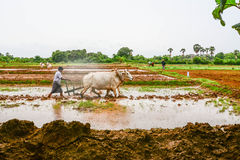
Myanmar Government needs to support the building of cattle pens in suitable local in order to help lower costs of transportation for the overland cross-border trade with China
The government should set up suitable holding pens for cattle on the Myanmar side that will help lower the costs of transportation for the overland cross-border trade with China. Currently, China buys one million head of cattle from Myanmar on a quota system with discussions over an agreement ensuring more stable demand being held. Points of discussion include demand that cattle health conform to World Organisation for Animal Health standards. Myanmar Livestock Federation for Mandalay chair U Kyaw Htin said while an agreement with the Chinese would soon be signed, the government should support the building of cattle pens in a suitable location rather than rely on the overland trade with China at Muse. He said costs could be lowered on the Myanmar side should there be such pens as cattle would only be transported to the border on demand. “No cattle will pile up at the border while waiting for Chinese buyers, should there be demand, we will transport it,” U Kyaw Htin said. -
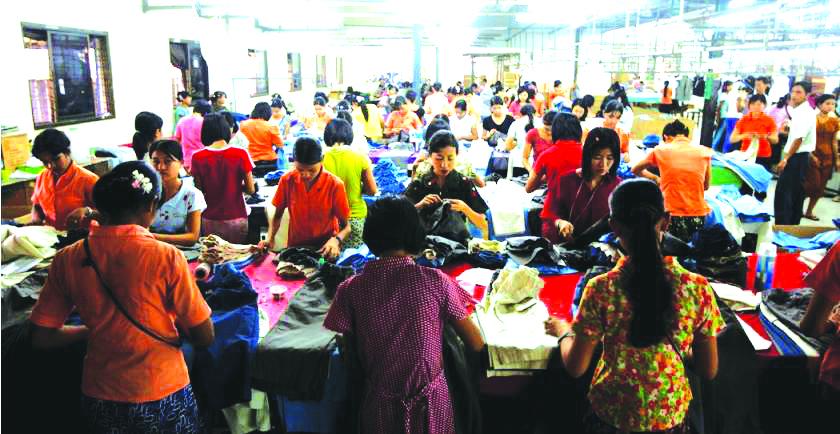
Yangon Region Government will invite local and foreign investors to participate in Yangon Industrial Zone development projects
At a press conference on June 3, Chief Minister of Yangon U Phyo Min Thein said that he welcomed the participation of both local and foreign investors to help establish new industrial zones, and upgrade existing ones. “Yangon has 29 industrial zones,” he said. “We have to rebuild or renovate all of them. Moreover, we have 11 industrial zone projects in hand, which will be implemented outside of the YCDCs [Yangon City Development Committee’s] administration. The projects that we have in mind will not be implemented only by the government, but instead by collaboration between the government and the private sector.” He added that beyond the industrial zone construction or upgrade projects, foreign investments are welcome for projects intended to improve the water treatment and sewage system. The new or upgraded industrial zones will use as a pattern the example of Thilawa Special Zone, which is considered to have been the most successful special economic zone in Myanmar. -
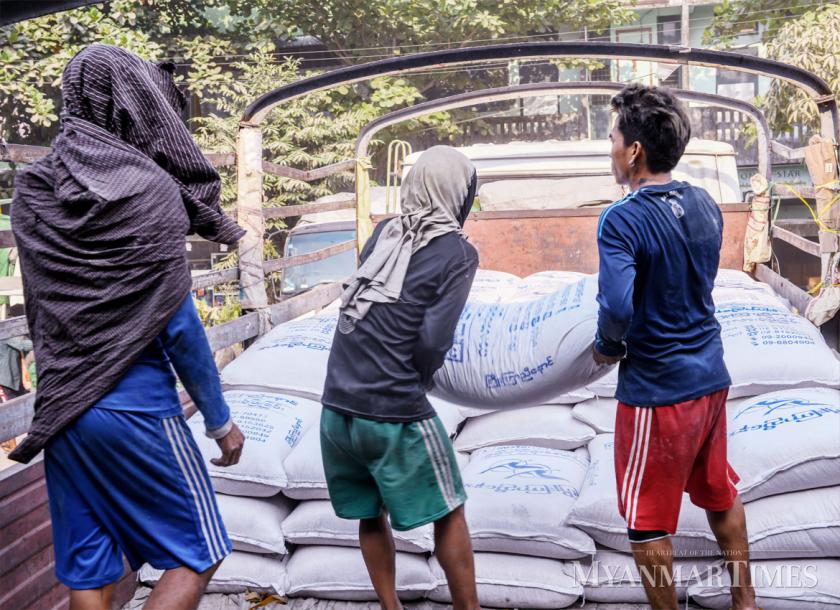
Ministry of Commerce will allow foreign companies in Myanmar to export rice, specific foods and commodity items in order to raise the quality of Myanmar exports and boost international demand on local goods
The Ministry of Commerce (MOC) will now allow foreign and joint venture companies to export specific food and commodity items, according to Notification 24/2019 released on June 6. Foreign companies with recommendations from relevant ministries can buy the commodities from local producers will be issued licenses to export the goods. The aim is to raise the quality of Myanmar exports and boost international demand for local goods as well as to raise earnings for domestic producers. The MOC allowed a total of seven items including rice, meat and fish, value-added crops, pulp and paper, seeds, refined metals, semi-finished or finished fruit products and wood based furniture. -
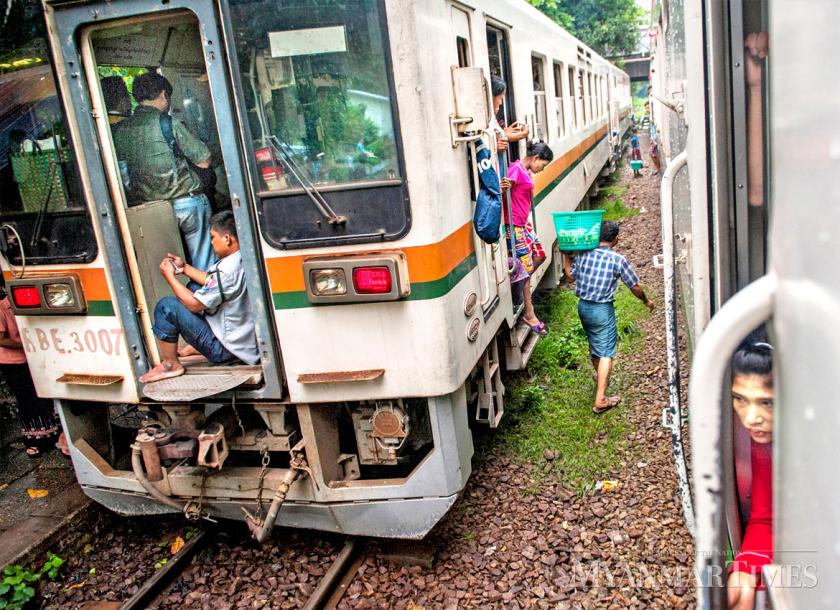
Myanmar life insurance market holds significant growth potential which is generating high interest among foreign providers
The government is expecting a total of 29 foreign and local life and non-life insurance companies to operate in Myanmar. So far, four foreign life insurance companies have applied to form joint ventures with local partners while five non-life foreign insurance companies may also form similar partnerships, Daw Sandar Oo, the Chair of Myanmar Insurance Association, said during the Into Myanmar: Insurance Summit 2019 in Yangon yesterday. “We have received the joint venture proposals and will announce the result of the joint venture companies at the end of July,” said U Thant Zin, Director of Financial Regulatory Department under the Ministry of Planning and Finance (MOPF). Foreign insurers are able to take stakes of up to 35 percent in local insurers. -
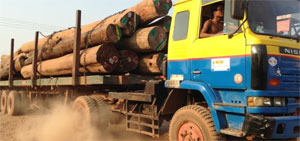
Myanmar Government lifted the ban on the exportation of raw teak and timber from state and privately-owned plantations
The Myanmar government will again allow the exportation of raw teak and timber from state and privately-owned plantations, Ministry of Natural Resources and Environmental Conservation deputy permanent secretary U Kyaw Zaw said, but a ban on raw teak and timber from natural forests will remain in place. U Kyaw Zaw said the decision was finalized on May 31. “Only timber from private and state-owned plantations will be allowed for export. We have already adopted proper verification procedures, because government leaders are very concerned that timber from natural forests could be mistakenly allowed for export,” he told The Irrawaddy. Teak exports are still subject to an approval process through the ministry, which will grant or deny permission on a case-by-case basis in response to requests from companies, he said. -
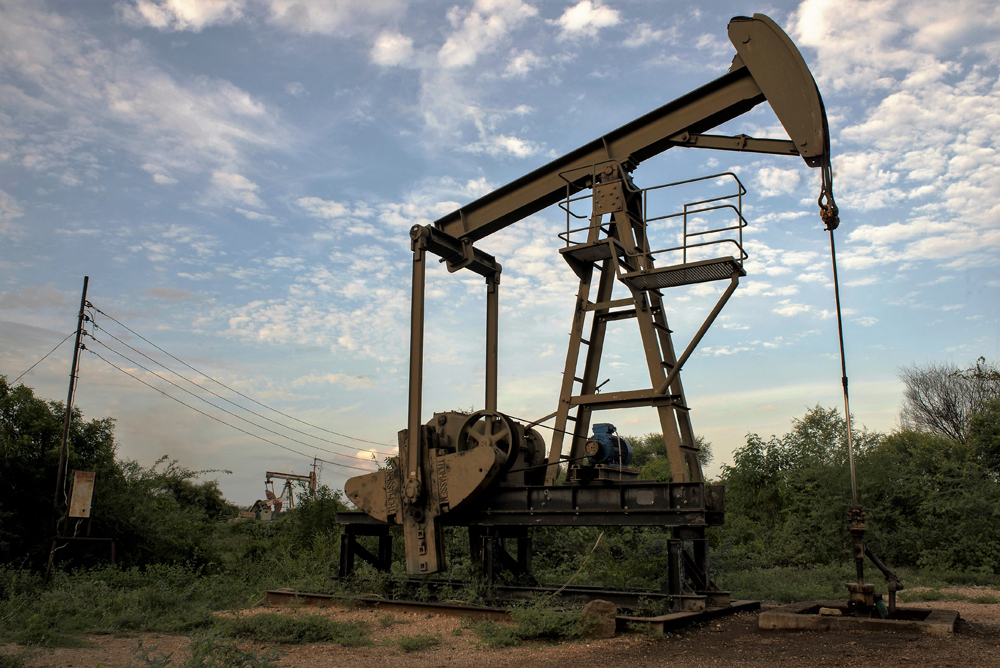
Magwe Region Government granted the permission to three companies in order to refine crude oil produced from its hand-dug wells into gasoline
Magwe Region will soon be refining crude oil produced from its hand-dug wells into gasoline, with certain details such as water allocation to be settled before refining can commence. Magwe’s Minister of Natural Resources, Environment, Electricity and Energy U MyintZaw said arrangements were being made, including giving permission to three companies - Power 95, Myanma Mandai and Pyae Sone Win – to refine crude oil into gasoline. Another two companies will be given permission out of 10 that have applied. Hand-dug oil wells continues to be a lucrative source of income for regional governments. Magwe has received K14 billion from June 2016 to June 2019, from K7.5 billion during the previous government’s term. -
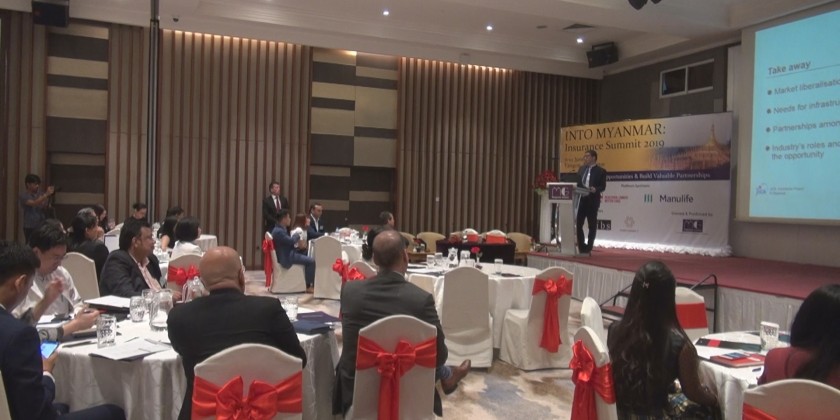
The two days event of 4th Emerging Asia Banking & FinTech Summit was held in Yangon with the aim to bring together key industry players across the Asia
The 4th Emerging Asia Banking & FinTech Summit began on Tuesday in Yangon to bring together key industry players across the Asia. This is to discuss the opportunities and challenges, form strategic alliances and action points for banking and financial institutions. The 2-day summit focuses on ASEAN digital banking trends, opportunities and challenges, Digitization of financial services, latest developments in the banking legal framework and digital payment systems. The organizer stressed that the summit would provide an opportunity for the banking sector to get clarity on the regulation to grow and evaluate strategic options and collaboration to move forward. CEO, Magenta Global Pte Ltd, Maggie Tan said “Myanmar has taken a bit lead forward now with the recent announcements. I think that is the future. You know the future really is towards digital banking and financial inclusion. I think it is both steps that the country is taking in order to open up the sectors. And I am sure more investments and activities access to financing how the economy growth. So the future looks so extremely bright.” -
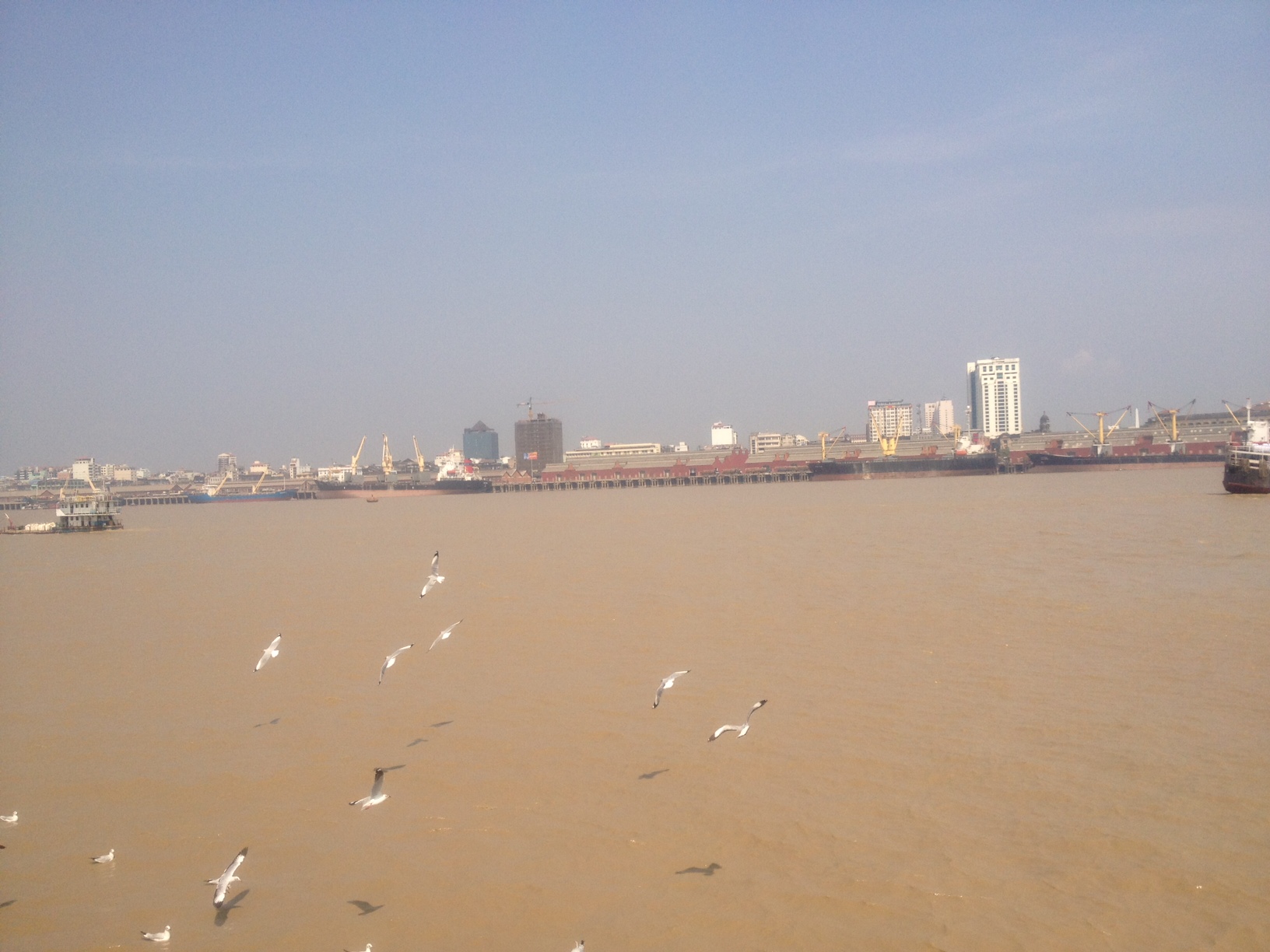
Yangon Regional Government is striving to build an international port at the mouth of Yangon River
At a press conference on Yangon Project Bank on June 3, U Phyo Min Thein, Chief Minister of Yangon Region, announced that his regional government will build an international port at the mouth of the Yangon River. It will be very much like the one in Singapore. He said: “Along with Yangon Special Economic Zone, we will build a massive port at the mouth of the Yangon River. We have the advantage of being able to transport goods to other inland regions close to our country through this port. However, because these projects are so huge, we can’t implement both at the same time. We need to balance between supply and demand.” Through the new port, he said that goods can be exported to inland regions such as Yunnan Province, China. This trade route would be much shorter than the existing trade route that passes through the Strait of Malacca and thence to the South China Sea. -
Myanmar made the discussion with the authorities from the Yunan Province and Shanghai Province to export agricultural and livestock products from Yangon market
Myanmar is currently having discussions with authorities from Yunnan province and Shanghai province in order to export agricultural and livestock products from the Yangon market, said U Phyo Min Thein, Chief Minister of Yangon. “We are trying to find a stable market to help develop the agriculture and livestock sectors. It is now difficult to store and transport goods after they are moved to the border. Therefore, we are in discussion with authorities from Yunnan and Shanghai to export the products from Nyaung Hnapin Agriculture and Livestock Economic Zone to the two provinces,” he added. Shanghai currently imports 90 percent of agriculture and livestock products they consume. Therefore, Myanmar has a prime opportunity to export value added food products to the Chinese market, they can do this by air or through land crossings.
เกาะติดข่าว
Copyright © 2014 Business Information Center All Rights Reserved.







